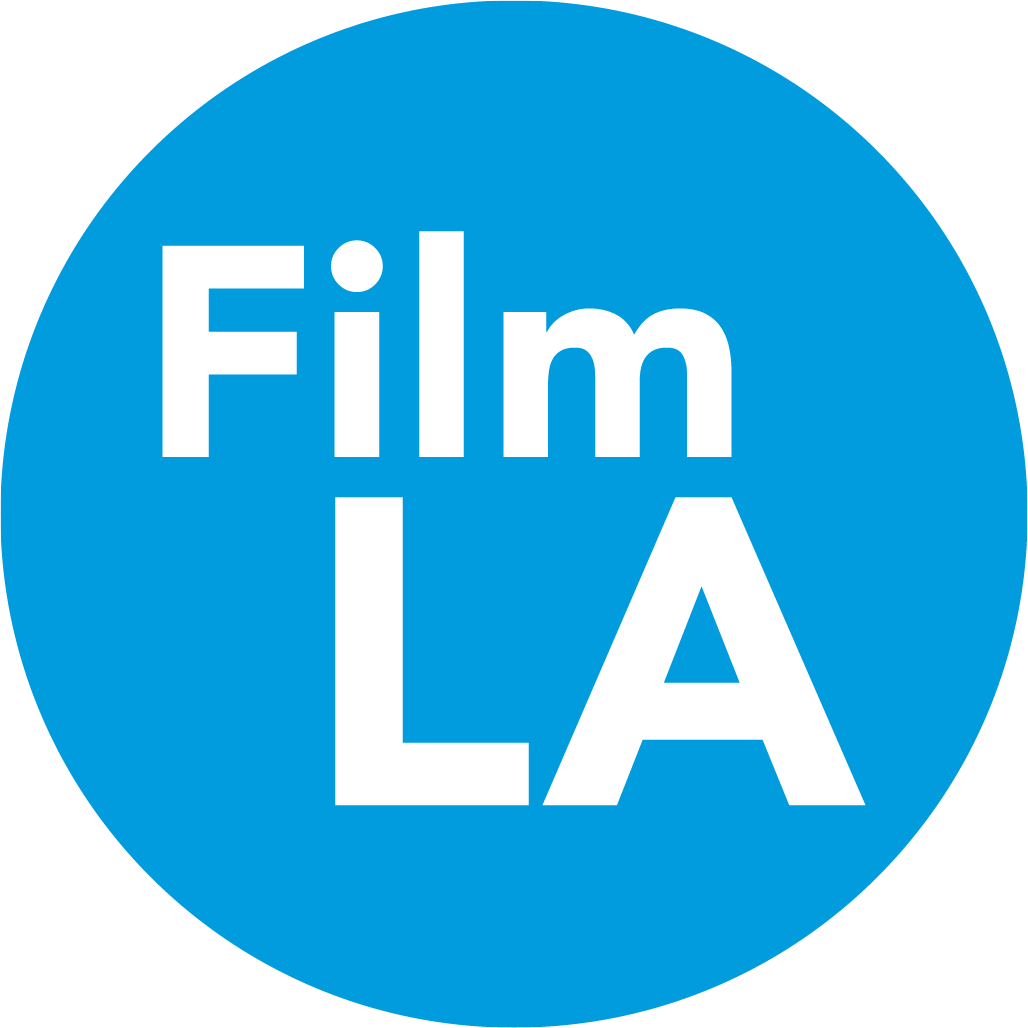Late last year, FilmLA introduced a major update to its MyFilmLA customer portal. For the first time, filmmakers gained the ability to apply for school filming licenses online.
The old way of doing things, requiring work in separate systems to obtain a license and valid permit, created numerous challenges. Now that the two processes are integrated, and all permissions coordinated in parallel within MyFilmLA, it saves time and reduces stress for all.
We caught up with the project team in charge of the MyFilmLA update to collect their thoughts on this milestone achievement. In particular, we sought to understand how a commitment to innovation is driving a focus on people, processes, and technology at FilmLA.
Joining us for the talk were Bruce Ekstein, Director of Information Technology, David Donnella, IT Analyst, and Tara Kramer, Product Manager for FilmLA. We are excited to share their perspectives.

